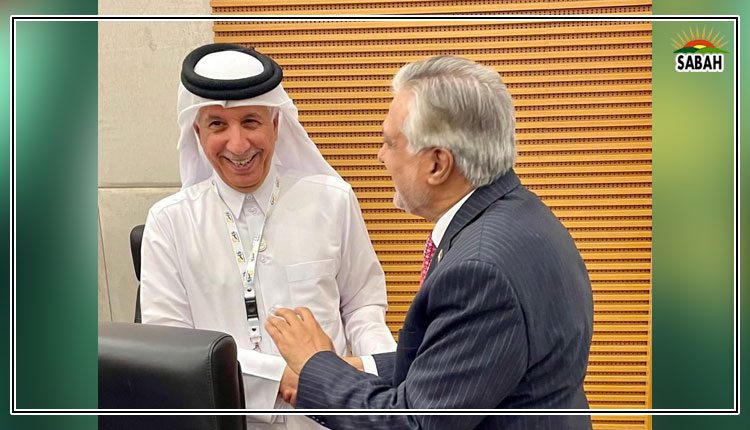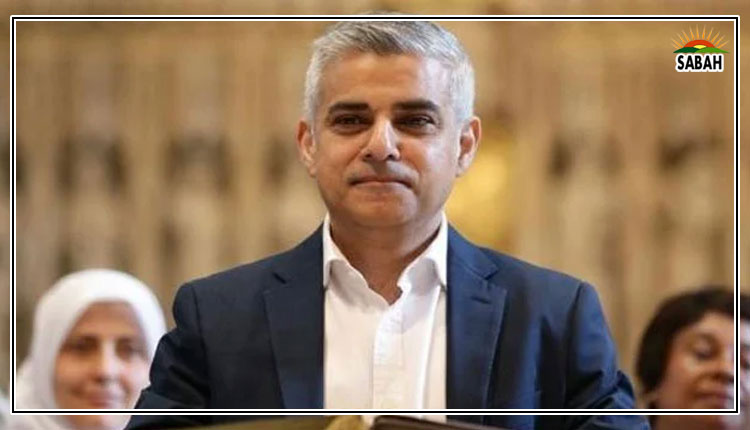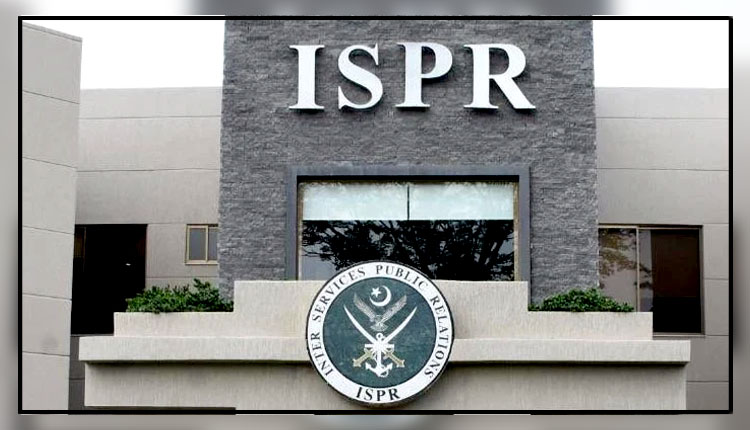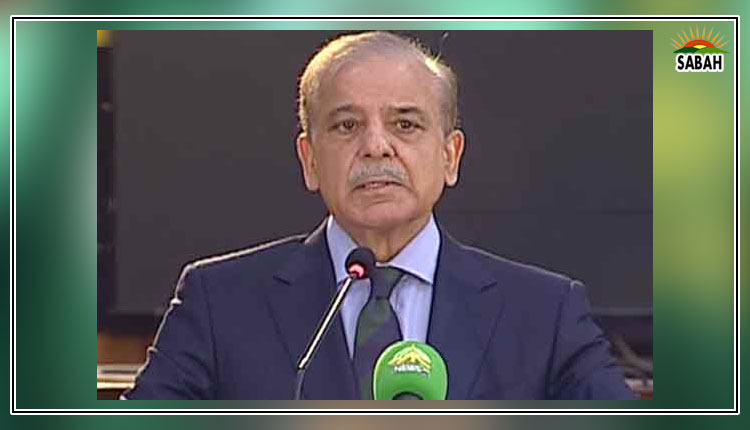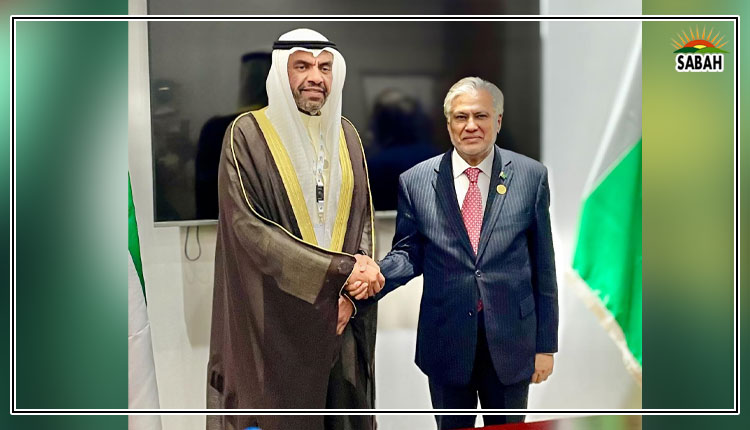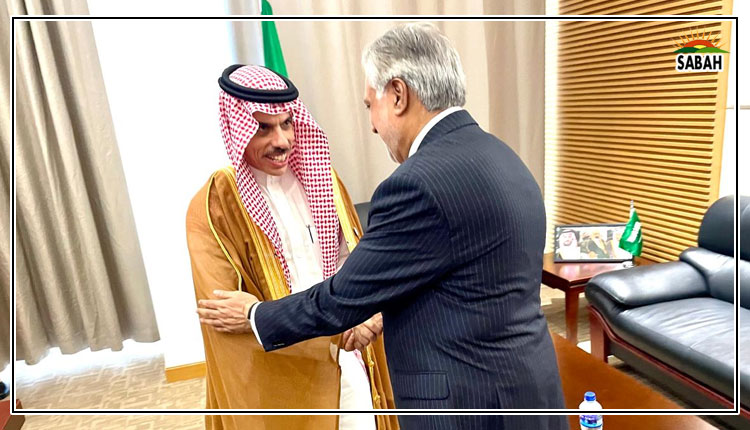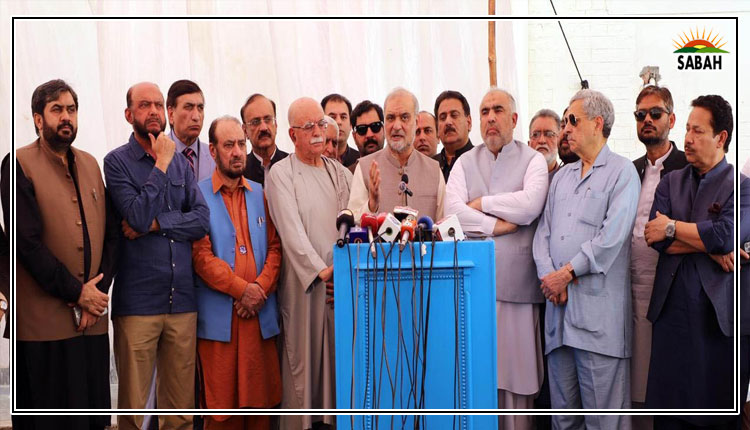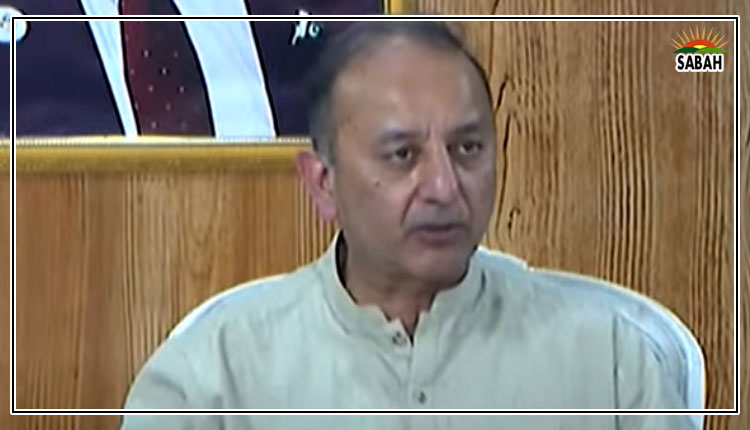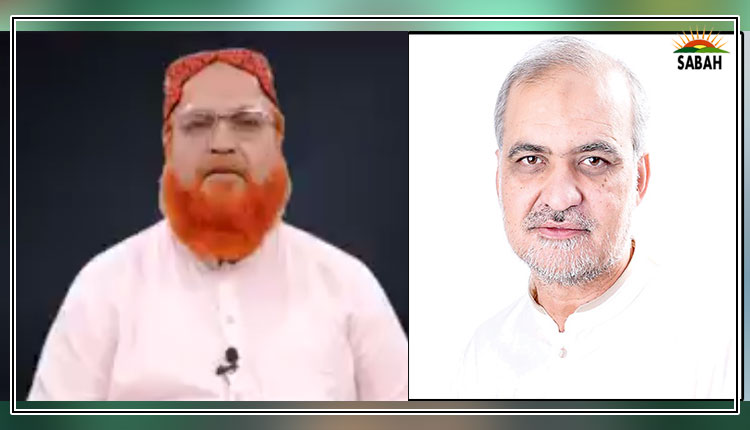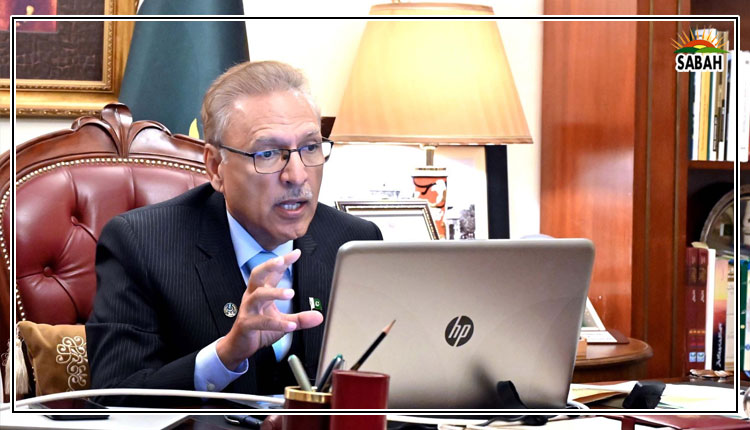Pakistan needs to employ smarter & less water-intensive practices like drip & spray irrigation in agriculture: President Alvi
ISLAMABAD, Dec 7 (SABAH): President Dr. Arif Alvi has said that Pakistan needs to employ smarter and less water-intensive practices like drip and spray irrigation in agriculture to avert the looming crisis of water shortage.
The agriculture sector, President Dr. Arif Alvi said, consumes approximately 95 percent of the country’s water, which needs immediate planning and reforms on water use efficiency.
In a video-link address to the international conference on ‘Transformative pathways for water and food systems in a climate resilient Pakistan held in Islamabad, he said the country needed effective management to secure its existing water resources.
International and local water experts attended the event which was organized by the International Water Management Institute (IWMI), the Pakistan Council of Research in Water Resources (PCRWR), the Ministry of National Food Security and Research, the Ministry of Water Resources, the Ministry of Climate Change and UNICEF.
President Dr. Arif Alvi said Pakistan ranked among the top 10 countries worldwide most affected by climate change and natural disasters.
He pointed out that the water crisis being faced by Pakistan was one of the most pressing challenges, aggravated due to rapid population growth, urbanization, industrialization, depletion of water resources, environmental deterioration, climate change, and irrational human behaviour.
The president emphasized research and technological innovation to promote modern agricultural technologies at grassroots level.
He said there was a need to educate farmers about water conservation, rain-water harvesting, and aquifer technologies.
Community involvement and implementation of laws could prove helpful in effective water management, he added.
The president mentioned that Pakistan’s farmers were dependent on conventional methods of flood irrigation, which wasted water while the world practiced drip and spray irrigation and recycling of water.
Crop substitution, he said, could make a difference if farmers chose crops that were less expensive on water.
He proposed research on using rice grain which grew on less water and produced high yield.
“We should adopt the technology that can handle the water scarcity and improve food sustainability,” he said.
The president referred to the example of The Netherlands, which is 19 times smaller than Pakistan in land mass, but is the second-largest exporter of food products. With water conservation, vertical farming, planet control farming, and hydroponic farming, a small country can produce more yield per acre, he added.
President Dr. Arif Alvi stressed attitudinal change to adopt the ways of water usage which were inexpensive and technically better.
He said water pricing in agriculture and urban was necessary to avoid waste of water.
The president said besides the external Indus water treaty with India, Pakistan had an internal provincial water distribution arrangement that needed improvement.
“We have to improve the telemetry system and develop a confidence-building system among provinces on judicious use of water,” he said. Also, satellite telemetry can be used to know the actual water flow towards provinces.
He said Pakistan is endowed with 158 million acre-feet of water per annum and the tube wells in Punjab supply 12 million acre-feet of the commodity.
He pointed out that water pumping had affected the levels of the aquifer and stressed the need for modes to recharge the traditional aquifers to avoid its depletion.
“A whole-of-the-society approach is needed to be adopted right from childhood on caring for the environment. Pakistan needs both mitigation and adaptation as important tools to increase water storage to meet its needs,” he said.
The president emphasized an effective drainage system to avoid the discharge of industrial waste into the seas.
Director General Pakistan Council of Research in Water Resources Dr. Hifza Rasheed, Dr. Bunyod Homatov and Dr. Juan Carlos Sanchez Ramirez from the International Water Management Institute, Dr. Stephen Davies from International Food Policy Research Institute, and Dr. Neil Lazarow from the Australian Centre for International Agricultural Research spoke on the occasion.
Meanwhile President Dr. Arif Alvi on Thursday stressed the need for promoting investment in human resource development to take full advantage of the country’s natural resources.
Speaking to the students of Balochistan Residential College, Loralai, during an interactive session at Aiwan-e-Sadr, the president said Balochistan’s rapid development was possible only by focusing on the development of human resources. He said focusing on intellectual and educational development was essential for rapid and sustainable development of the country.
President Dr. Arif Alvi asked students to fully benefit from the skilled-based online and distance education facilities. Besides, he also advised the students to focus on the new evolving sectors including Artificial Intelligence and Information Technology as use of information technology and AI was increasing in every sector of life. With the help of AI, Pakistan can achieve fast economic growth targets in short time, he remarked. The president said besides curriculum activities, the Balochistan students should also focus on book reading and other constructive activities and receive education with hard work and due diligence. In the past, he said seeking knowledge was not easy but now access of information to the people had become quite easy thanks to the modern technology.
President Dr. Arif Alvi pointed out that Balochistan was rich in natural resources and the government was taking measures for development of the province. The delegation informed the president about services of their college in education sector of the province. The president was told that the students of the college were now serving the country in various fields including health, engineering, civil service, defence, law and entrepreneurship. The president appreciated the role of the college in promoting education in the province.


